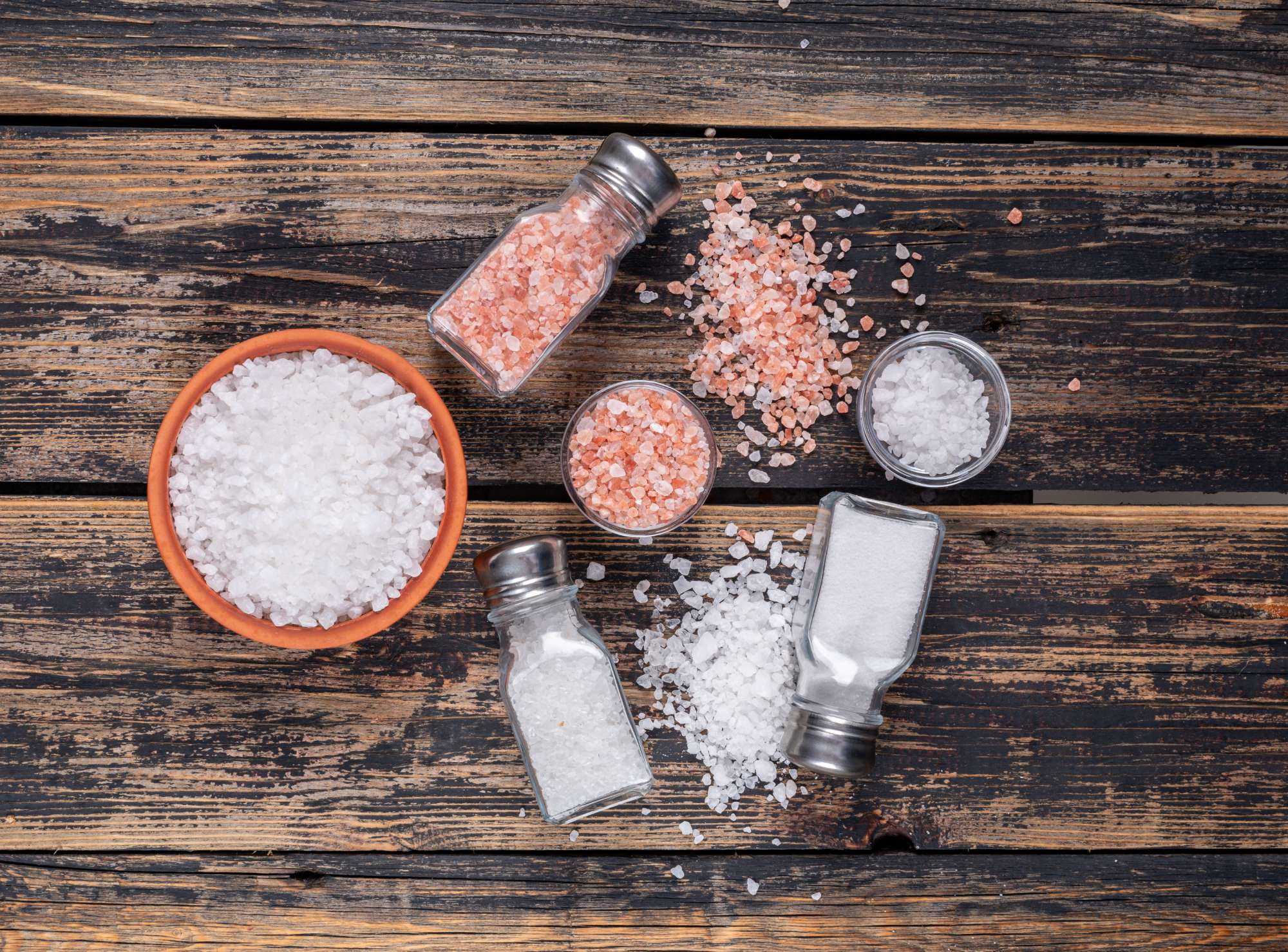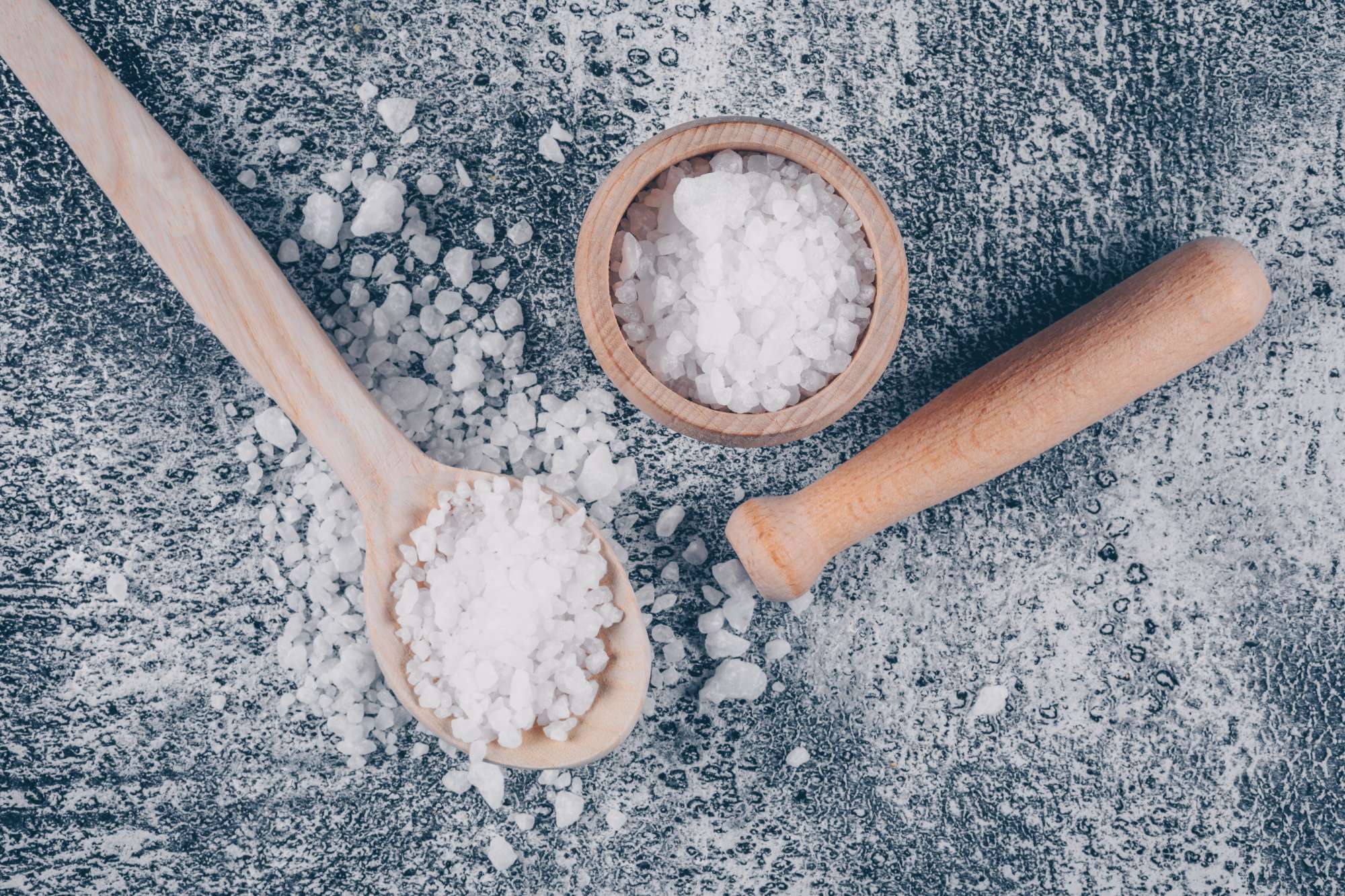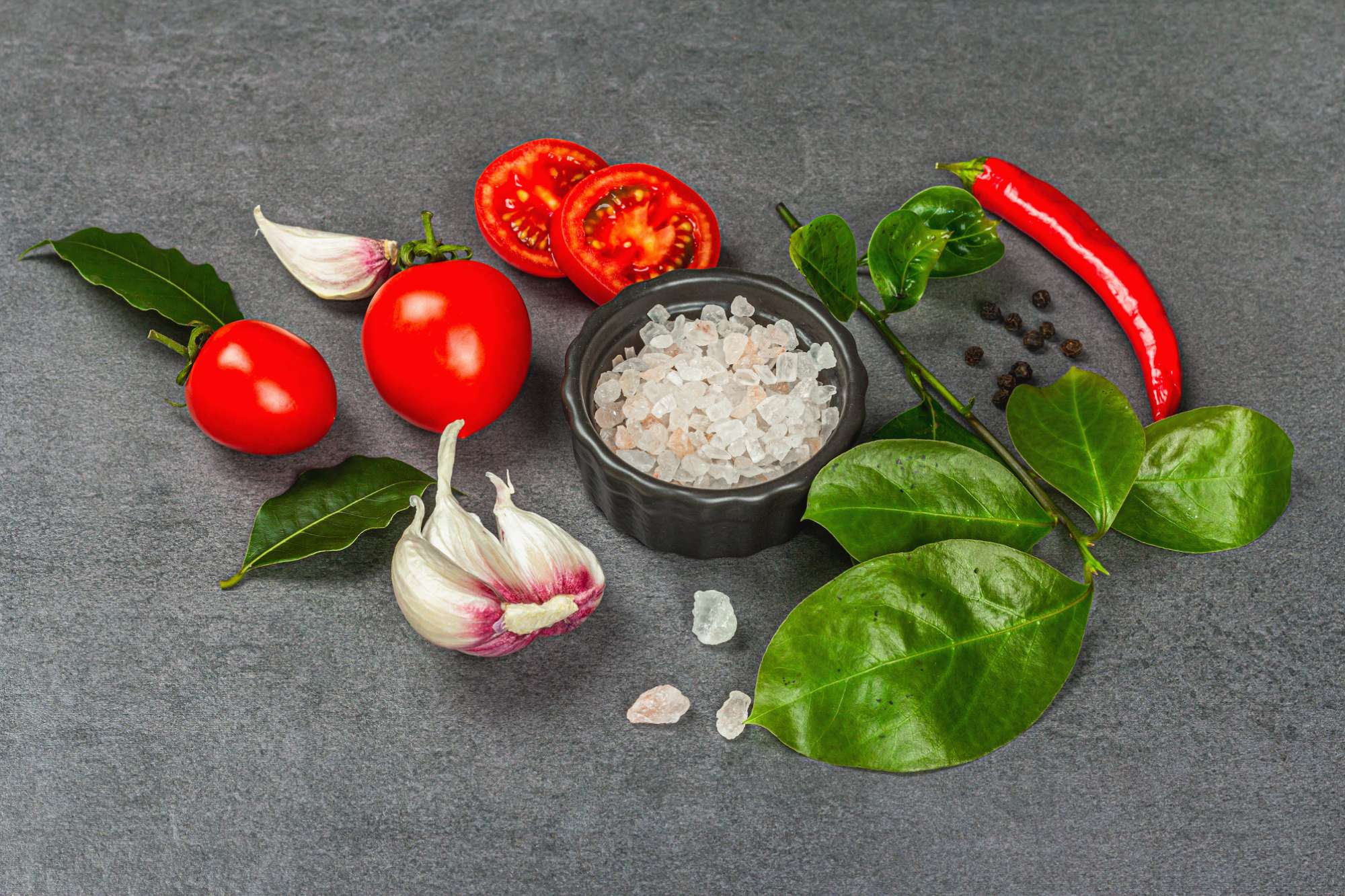Potassium, an essential macromineral for our body
Potassium, an essential macromineral for our body
Potassium is one of seven essential macrominerals needed by all tissues in the body. It is also an electrolyte that conducts electrical impulses throughout the body, supporting for activities of cellular and nerve functions.
Food sources of potassium
Our bodies do not naturally produce potassium, this mineral is present in our foods. Therefore, we must consume the right balance of potassium-rich foods and beverages
Most people get enough potassium with a balanced diet. Potassium is widely available in many plant-based foods, but processing reduces the content of this nutrient. Anyone with a diet high in processed foods may have a low potassium intake.
The most common source of potassium is from food, such as:
1. Green leafy vegetables.
2. Starchy vegetables such as broccoli, potatoes, carrots, tomatoes, beets, squash and gourds.
3. Potassium-rich fruits such as apricots, bananas, kiwis, oranges, coconut water, avocados, melons, pineapples and dried fruits.
4. Grains, beans and nuts.
5. Dairy foods such as animal milk and plant milk - soy, almonds, yogurt.
6. Lean meat, chicken, salmon.
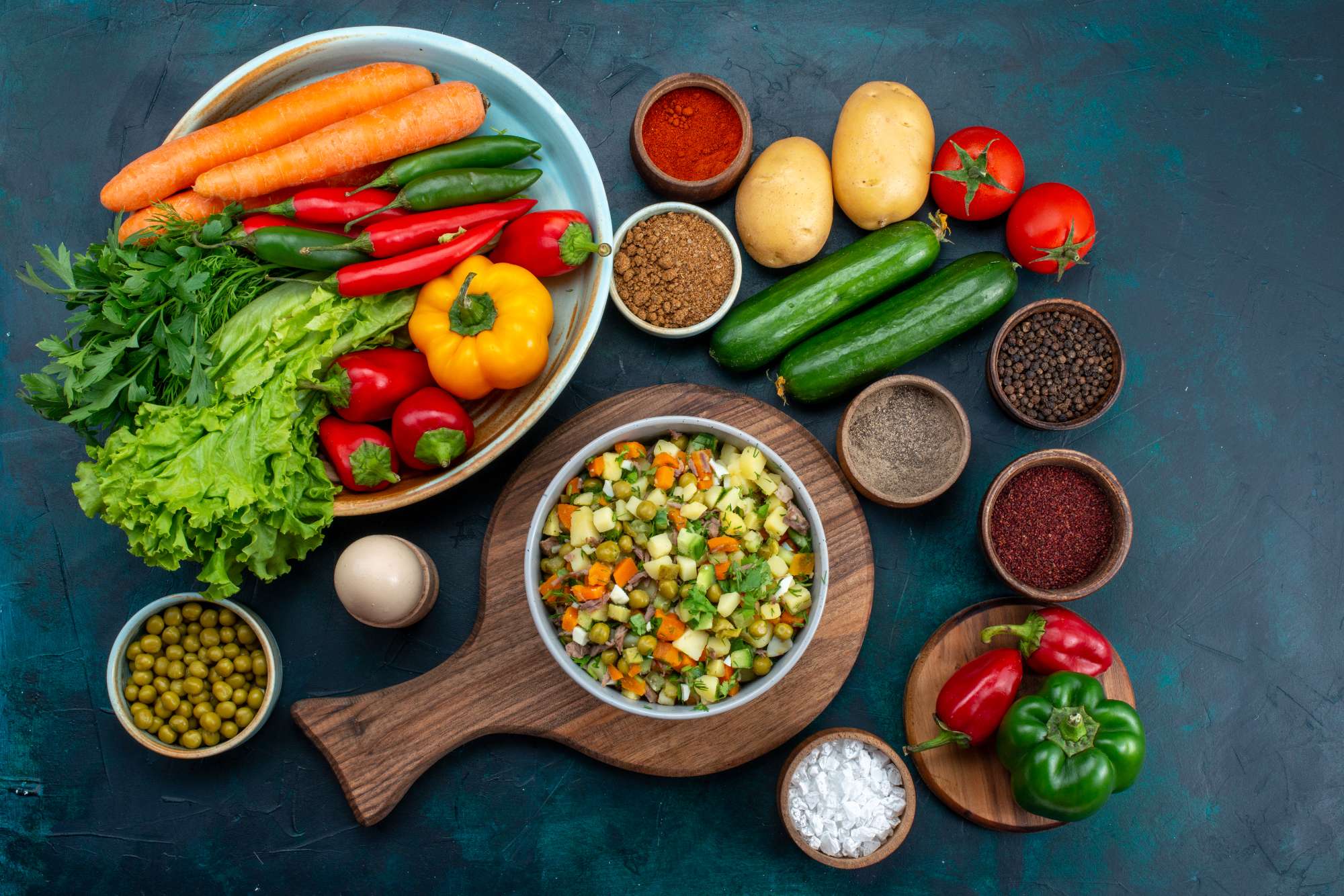
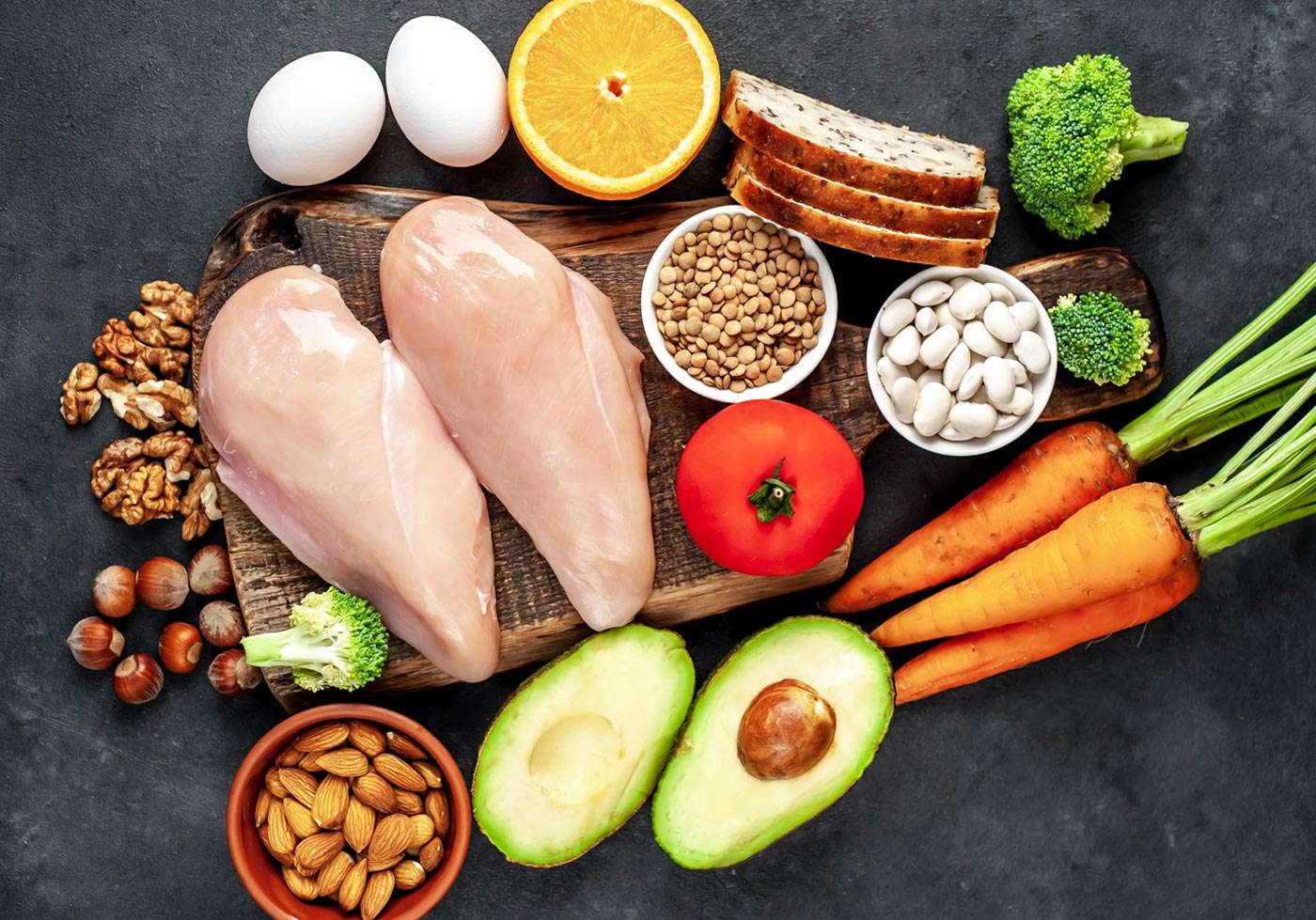
Potassium and Health
Potassium helps balance pH - acidity and alkalinity, balancing fluid levels inside cells, while Sodium balances fluid levels outside cells. Potassium also supports the functioning of the kidneys, heart, muscles and nervous system.
Potassium is an electrolyte that the body needs to stay healthy. As the American Heart Association (AHA) notes, foods containing potassium can help control blood pressure by reducing the negative impact of sodium. Having high sodium levels can increase the risk of high blood pressure. In healthy people, potassium reduces this risk by helping the body eliminate sodium. It also helps control blood pressure by relaxing blood vessel walls.
1. Blood pressure and cardiovascular healthAn adequate amount of potassium can prevent or control high blood pressure. If a person has a high potassium intake and a low sodium intake, this can help reduce the risk of cardiovascular disease and stroke.
2. Maintain muscles and bonesA diet rich in potassium will help maintain muscle mass in older adults.
Potassium may play a role in bone health. Studies have suggested that people who eat more fruits and vegetables containing potassium may have higher bone mineral density.
However, confirming this will require more research. If this finding is true, researchers will also need to explore the reasons behind it and whether supplements have similar effects.
3. Kidney healthIn healthy people, low potassium levels can inhibit the kidneys' ability to reabsorb calcium. High levels of calcium in the kidneys can lead to kidney stones.
Research from 2015 notes that switching to the DASH diet may help reduce the risk of kidney stones because the diet favors foods rich in potassium and other essential nutrients.
However, people with kidney failure should not consume too much potassium, as it could have a negative impact. In this case, a doctor will recommend how much potassium to include in the diet.
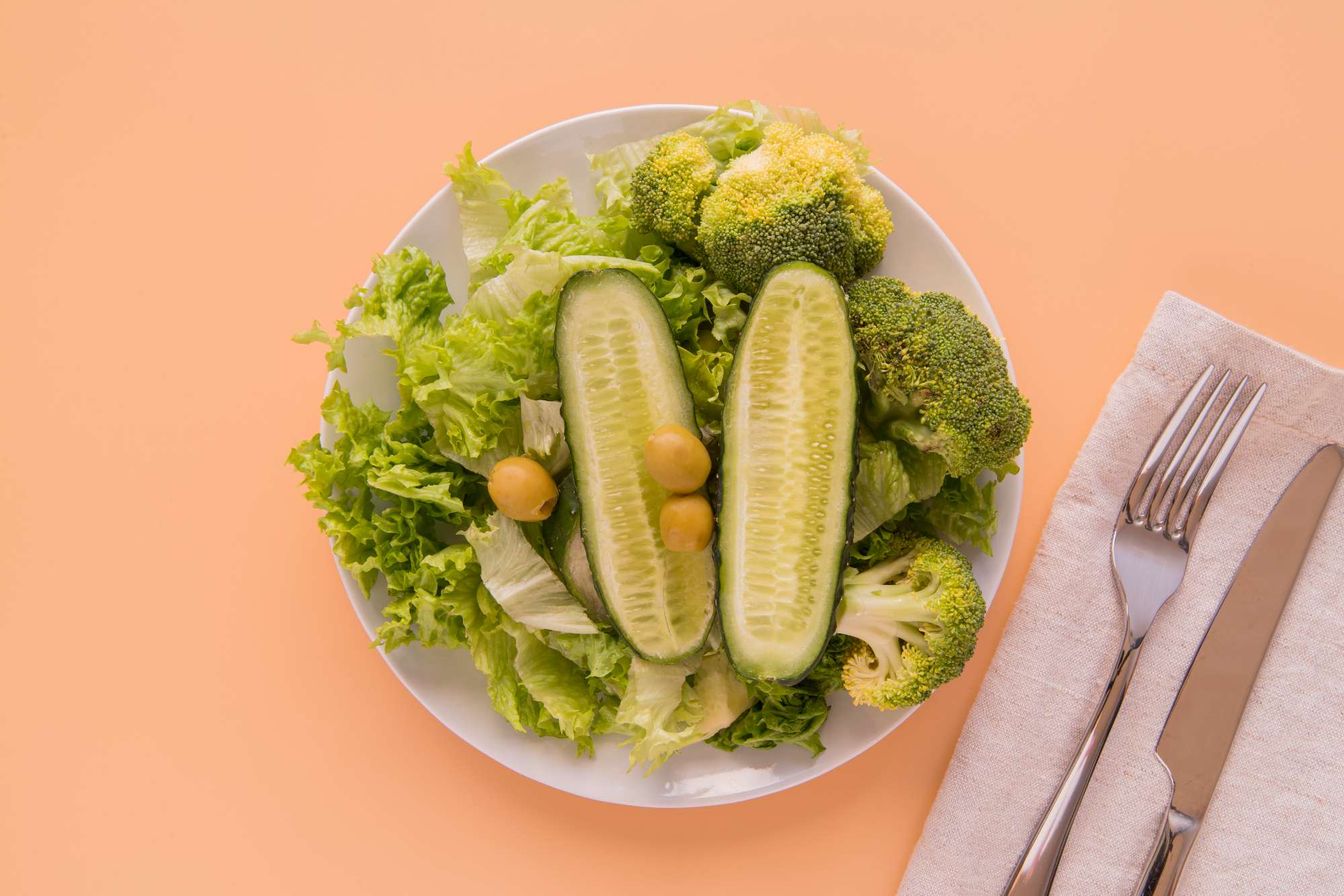
Potassium, how much is enough level?
An adequate intake of potassium is 3,400 milligrams (mg) per day for healthy adult males and 2,600 mg per day for healthy adult females.
Adequate potassium intake during pregnancy is 2,900 mg, and it is 2,800 mg while breastfeeding or chestfeeding.
Specific recommendations for each age group
| Age | Male | Female |
| 0–6 months | 400 mg/day | 400 mg/day |
| 7–12 months | 860 mg/day | 860 mg/day |
| 1–3 years | 2,000 mg/day | 2,000 mg/day |
| 4–8 years | 2,300 mg/day | 2,300 mg/day |
| 9–13 years | 2,500 mg/day | 2,300 mg/day |
| 14–18 years | 3,000 mg/day | 2,300 mg/day |
| 19+ years | 3,400 mg/day | 2,600 mg/day |
A person should aim to get potassium from a healthy, balanced diet that provides a variety of vitamins and minerals. In some cases, your doctor may recommend supplements.
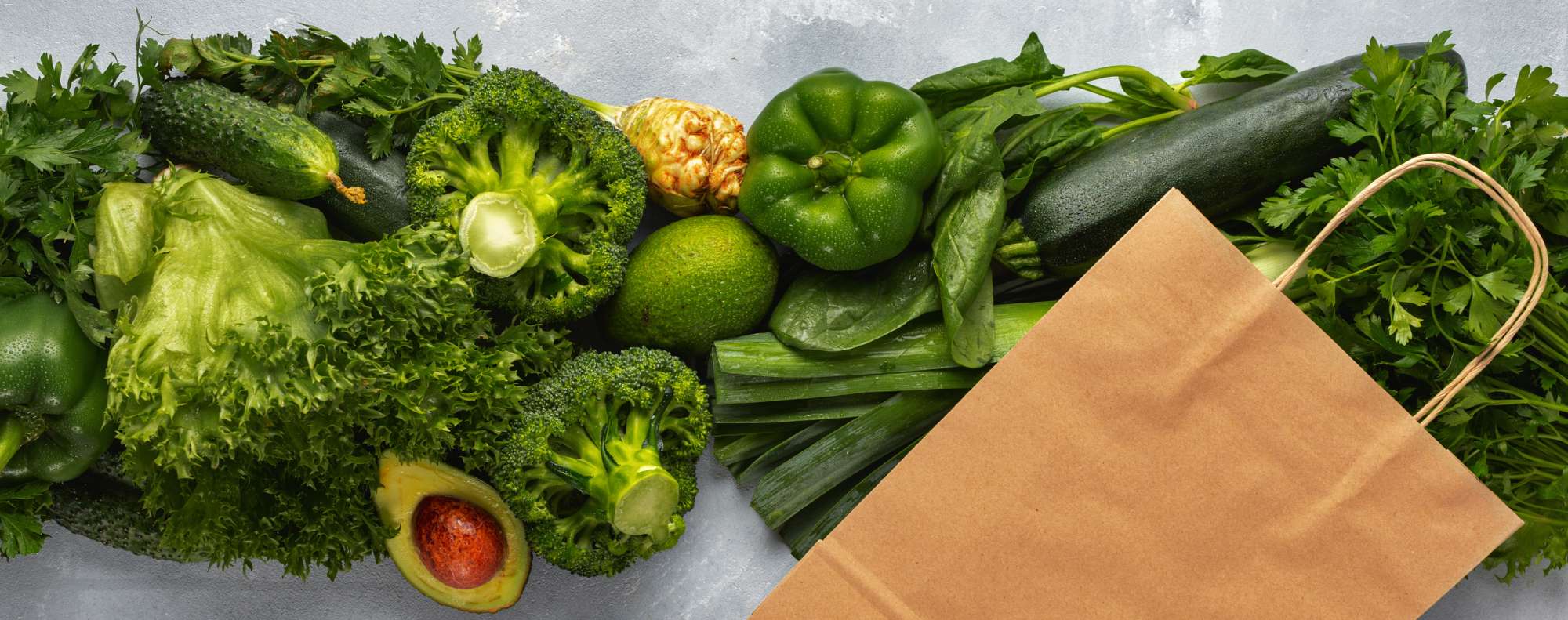
Signs of Deficiency and Toxicity
1. DeficiencyThe kidneys work to maintain normal blood levels of potassium by flushing out excess amounts through urine. Potassium can also be lost through stool and sweat. At least 400-800 mg daily from food is needed because of normal daily losses. Any conditions that increase fluid losses beyond normal such as vomiting, diarrhea, and certain medications like diuretics can lead to a deficiency, called hypokalemia. Hypokalemia is most common in hospitalized patients who are taking medications that cause the body to excrete too much potassium. It is also seen in people with inflammatory bowel diseases (Crohn’s disease, ulcerative colitis) that may cause diarrhea and malabsorption of nutrients.
It is rare for a potassium deficiency to be caused by too low a food intake alone because it is found in so many foods; however an inadequate intake combined with heavy sweating, diuretic use, laxative abuse, or severe nausea and vomiting can quickly lead to hypokalemia. Another reason is a deficiency of magnesium, as the kidneys need magnesium to help reabsorb potassium and maintain normal levels in cells.
Symptoms of Deficiency of potassium:
- Fatigue
- Muscle cramps or weakness
- Constipation
- Muscle paralysis and irregular heart rate (with severe hypokalemia)
2. ToxicityToo much potassium in the blood is called hyperkalemia. In healthy people the kidneys will efficiently remove extra potassium, mainly through the urine. However, certain situations can lead to hyperkalemia: advanced kidney disease, taking medications that hold onto potassium in the body (including NSAIDs), or people who have compromised kidneys who eat a high-potassium diet (more than 4,700 mg daily) or use potassium-based salt substitutes.
Symptoms of hyperkalemia:
- Weakness, fatigue
- Nausea, vomiting
- Shortness of breath
- Chest pain
- Heart palpitations, irregular heart rate.
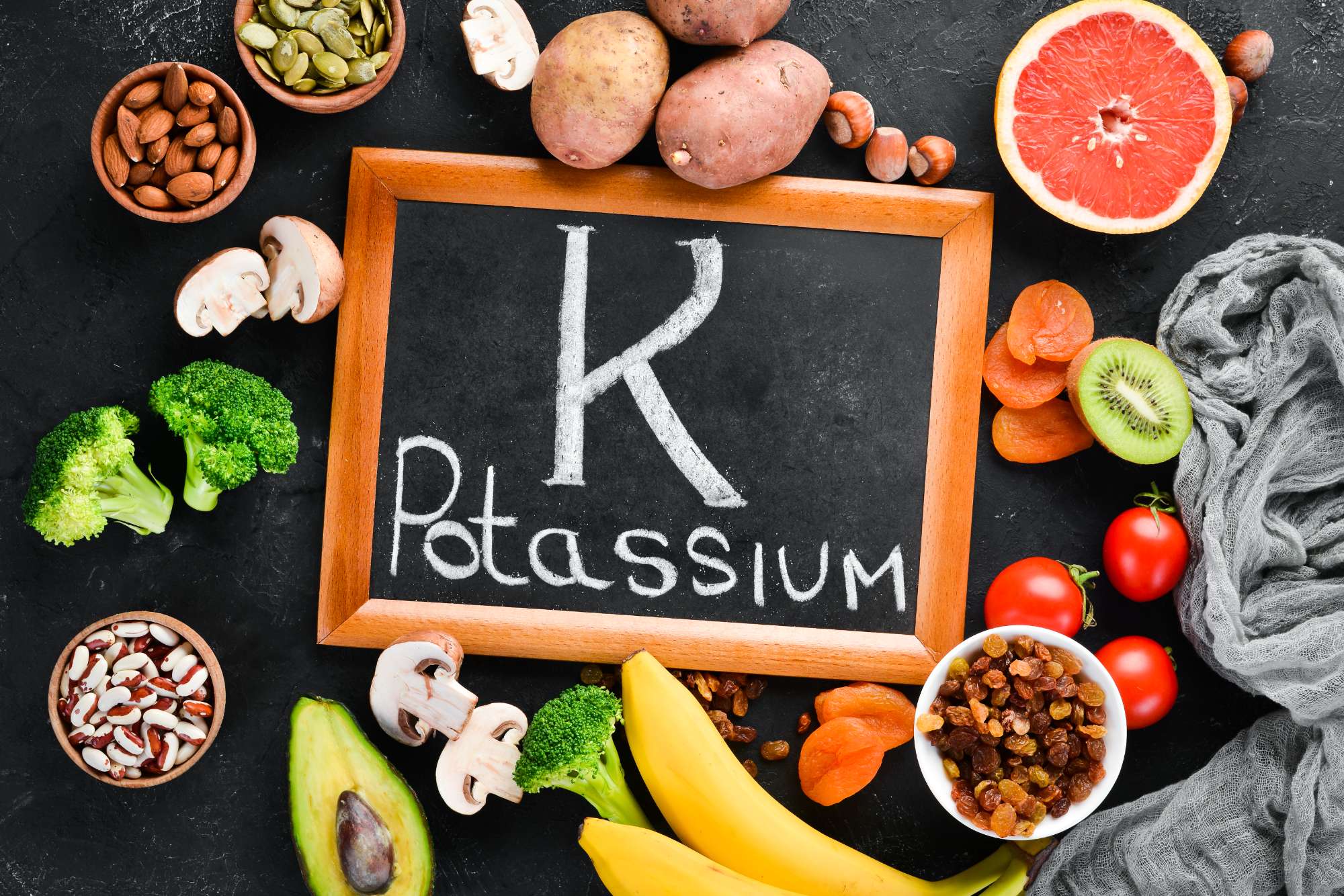
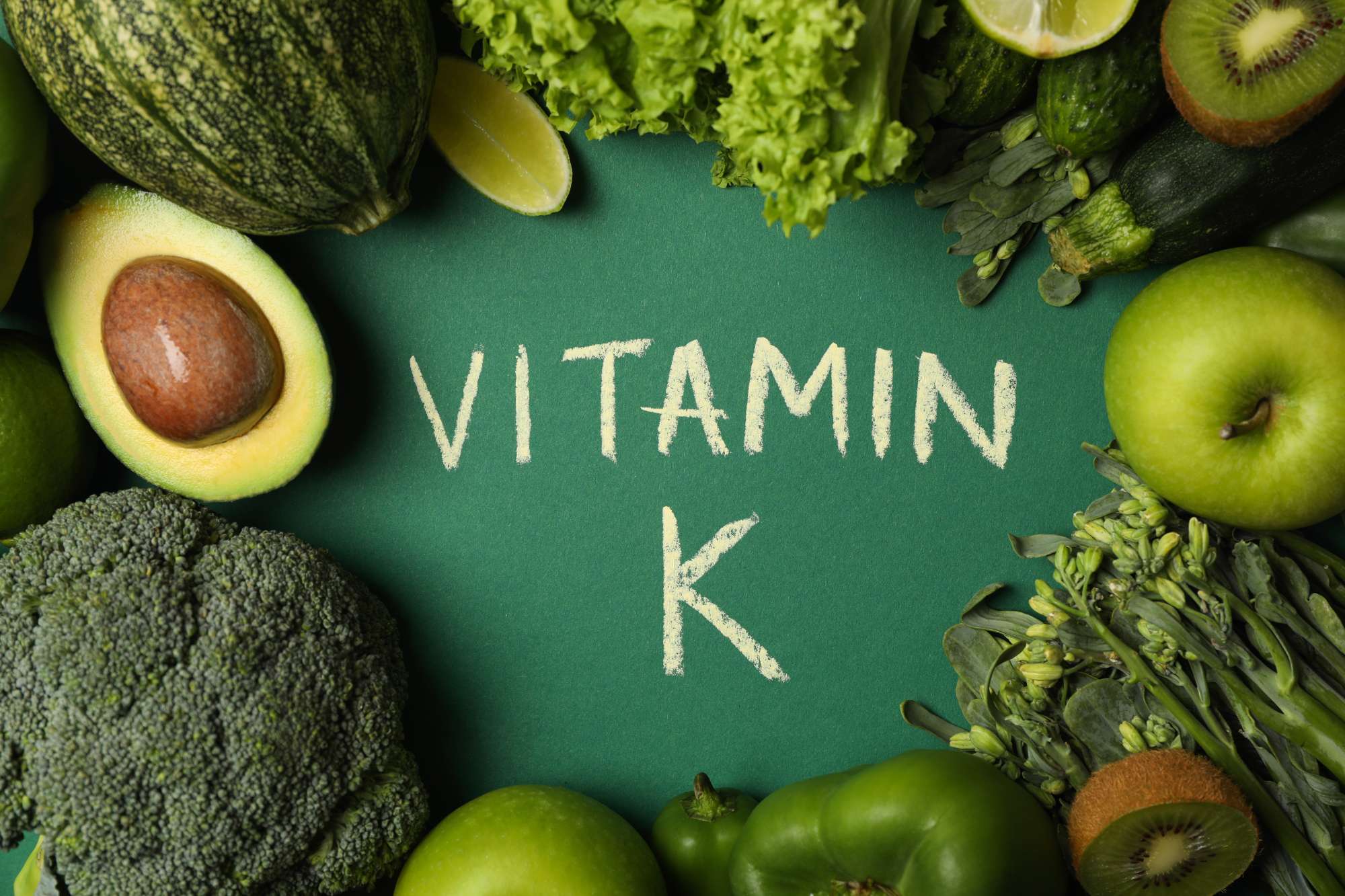
Don't be confused!
The chemical symbol for potassium is “K,” not to be confused with vitamin K.
Salt substitutes are sometimes made from potassium chloride, which replaces some or all of the sodium chloride in table salt. Although those on salt-restricted diets may benefit from its much lower sodium content, potassium salt has a bitter aftertaste when heated so it is not recommended for cooking. Check with your doctor before trying a potassium salt, because extra potassium can be dangerous for people who have trouble eliminating excess amounts or who are taking medications that can increase potassium levels in the bloodstream.
Compiled and penned by Crocus Media
Products
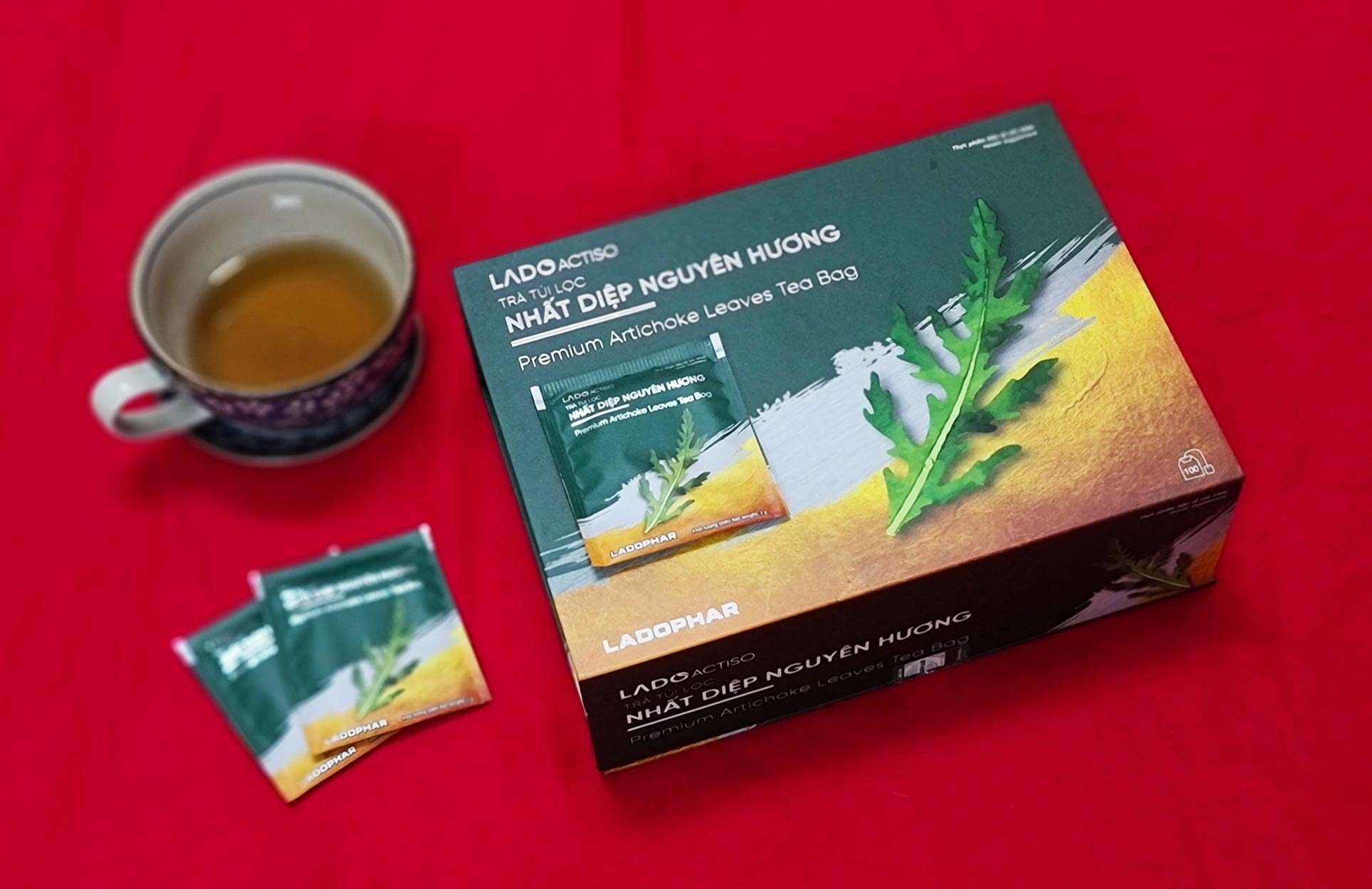
Premium Artichoke Leaves Tea
Artichoke leaves, also known as Cynara scolymus leaves, have been used to treat metabolic disorders. Artichoke leaf extract, has been studied to demonstrate hepatoprotective activity against obesity-induced obesity by a high-fat diet.

Drip Bags Coffee
This is a combination version of the delicate sweetness of Red Bourbon coffee with the rich sweetness of Catimor coffee, taking the seductive aroma of Bourbon to activate the feeling of euphoria. Pre-ground coffee, contained in a paper filter bag, is very convenient and saves time to make a perfect cup of coffee that brings many health benefits and mental refreshment.

